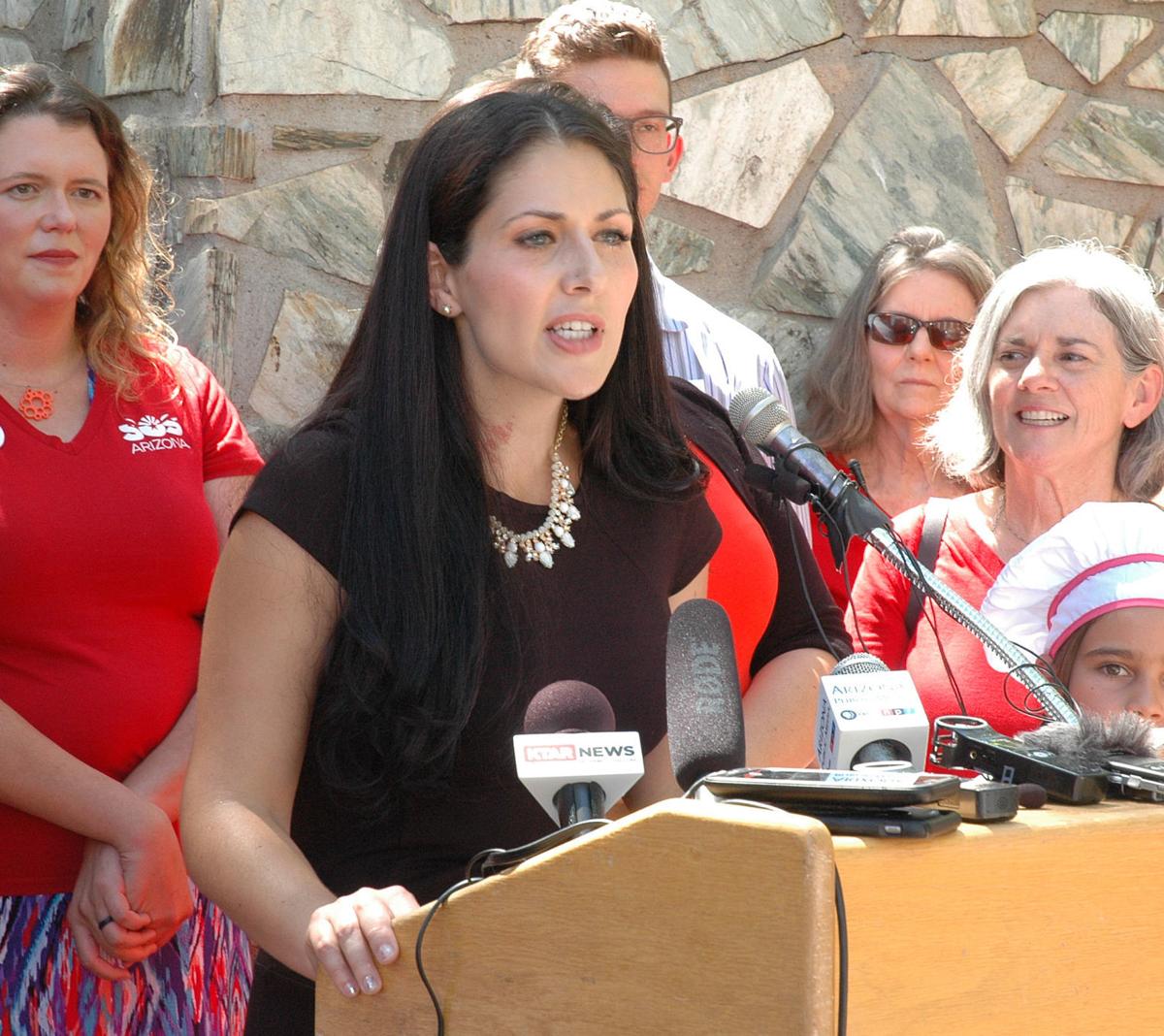PHOENIX — Foes of universal vouchers have more than enough signatures to give voters the last word — if the petition drive is not invalidated by judges or legislators.
New figures released Tuesday show that the Maricopa County Recorder’s Office found that 86.6 percent of the signature samples it reviewed on referendum petitions were valid.
While results are still not in from several counties, it now is a “mathematical certainty” that the petitions will have more than the minimum required 75,321 valid signatures needed, said Matt Roberts, spokesman for Secretary of State Michele Reagan.
With that in mind, those who want to use tax dollars for private and parochial school education have quietly dropped one of their lawsuits aimed at eliminating some of the signatures. Even if they were to win that battle, there would still be more than enough names on the petitions.
Instead, they are pursuing a second lawsuit, seeking to invalidate the entire referendum based on what they claim are irregularities in the petitions themselves. “We knew from the beginning this was going to be decided through the court case, by a judge,” said a spokeswoman for one such group, Kim Martinez of the American Federation for Children.
She said her group has evidence of falsified petitions and even “surveillance video that is popping up of multiple volunteers who misled voters to get them to sign the petition.” Among the charges is that circulators said the vouchers are “benefiting the rich,” that the vouchers will take $24 million out of public education and there’s no oversight of how parents spend the money.
“We never heard reports like that,” said Dawn Penich-Thacker, spokeswoman for the Save Our Schools petition drive. She conceded that when volunteers are involved, there’s always the possibility some “have a different way of explaining things.”
But she said petition signers clearly do not want universal vouchers. “The vast majority knew what it was, they know why they oppose it,” she said. Penich-Thacker said voucher supporters want to keep the issue off the ballot because “they’re afraid of what voters will say.”
If a judge doesn’t void the referendum drive, there’s a political backstop for voucher supporters: The Legislature could repeal its 2017 vouchers law and immediately re-enact it with just a few words changed.
That scenario is already on the minds of voucher supporters, starting with Sen. Debbie Lesko, R-Peoria, who has been the prime proponent of universal vouchers. “All options are on the table,” she has said when asked about a repeal-and-replace scenario.
Hanging in the balance is who gets to use state tax dollars for a private education.
Vouchers, formally known as Empowerment Scholarship Accounts, were first approved in 2011 to help students with special needs. Since that time, lawmakers have expanded eligibility to cover everything from foster children to those attending schools rated D or F.
This year’s Senate Bill 1431 would eliminate all preconditions.
To get the votes, backers had to agree to a cap of about 30,000 by 2023. But that cap is subject to future legislative votes, with some supporters of the vouchers already saying they hope to repeal it.
The referendum drive, if successful, keeps SB 1431 from taking effect until there is a public vote on it in the 2018 general election.





